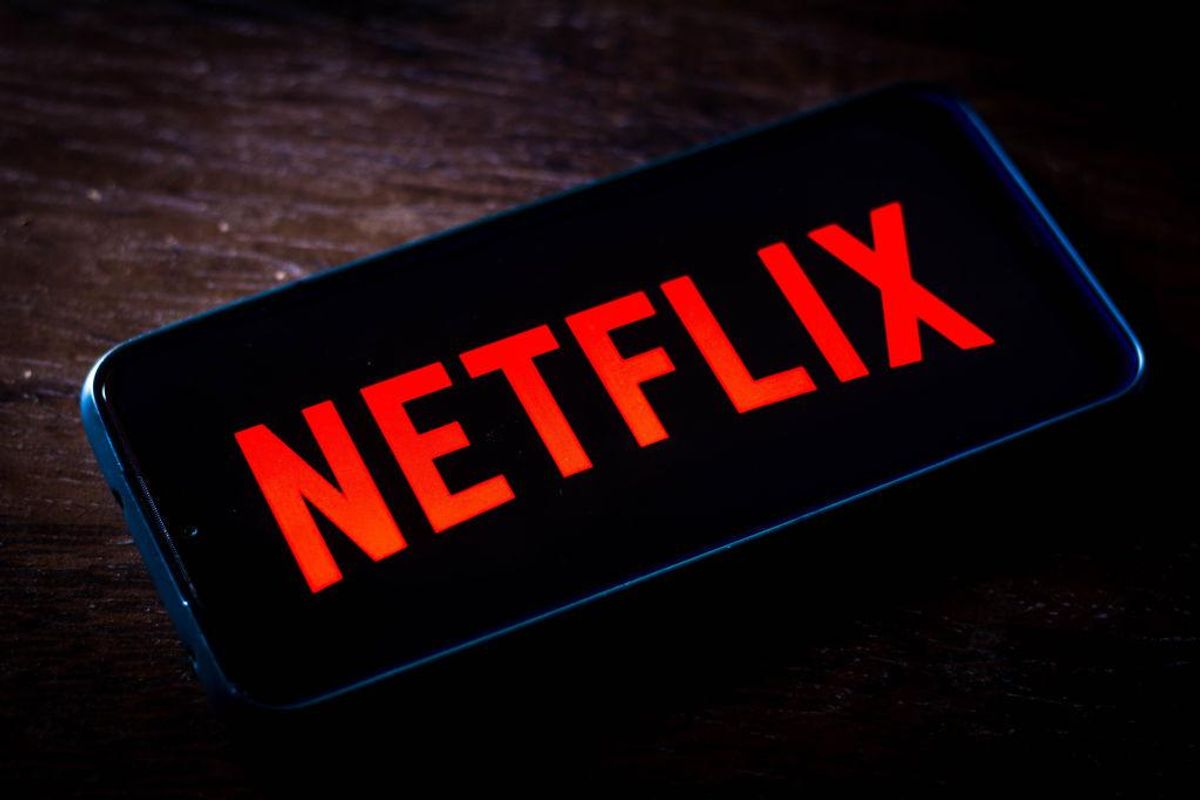South Africa's New Proposal Could Force Netflix To Trim Down Its Content Catalogue
Netflix argues that South Africa's plan to slap international streaming services with a 30 percent local content quota will 'harm' the industry.

Netflix, along with other streaming platforms, could bear the brunt of South Africa's new broadcasting legislation.
Shola Sanni, Director of Public Policy for Sub-Saharan Africa at Netflix, has countered South Africa's proposal of a legislation that will enforce a 30% local content quota on all streaming services. This, after the draft White Paper on Audio and Audio-Visual Content Services Policy Framework was tabled and agreed upon by all parties in parliament in November 2020. The move by the South Africa government is reportedly driven by the need to increase local investment in the television and film industry.
However, Netflix has labelled the quota enforcement counterproductive! "Rather than promoting South African content and production, content quotas will likely lead to harm, which would result in a regulatory regime that is counterproductive to what it is setting out to do," explained Sanni in a Business Tech interview. The government's proposal would, according to Netflix, cause the company to prioritise quantity over quality. Sanni pointed out that Netflix's budget would be spread too thinly and this would, in turn, affect the reputation of its local productions. The most cost-effective option could be for Netflix to reduce its international content catalogue to meet the 30 percent quota without incurring the costs of producing more South African shows.
"Less content in an age of increased consumer choice would make Netflix's service offering less appealing to consumers and would have the opposite effect of reducing local production and decreasing the availability of South African stories and voices".
South Africa is not the only country to institute a 30 percent quota. In fact, it follows in the footsteps of European Union (EU) countries. Netflix South Africa has, instead, suggested that the South African government incentivise local production with funds as does the EU. Furthermore the streaming service pointed out 30 percent is spread across the EU, unlike in Africa where only South Africa is calling for this 30 percent quota.
France, a leader in Netflix's local content production, reportedly, incentivised its industry with one billion euros. South Africa's arts and entertainment industry, on the other hand, is mired in corruption with the sector's COVID-19 relief fund millions unaccounted for in 2020. Netflix South Africa has urged the government to revise the quota, make it voluntary and include the value chain of production and not, just, content.
Netflix entered South Africa's streaming market in 2016 and has since, reportedly, invested approximately 60 million US dollars in local production, and created 1800 jobs. Netflix's South African productions also have a huge international following. Blood & Water attracted 14 million viewers outside of South Africa, making it Netflix's most successful local production to date.

